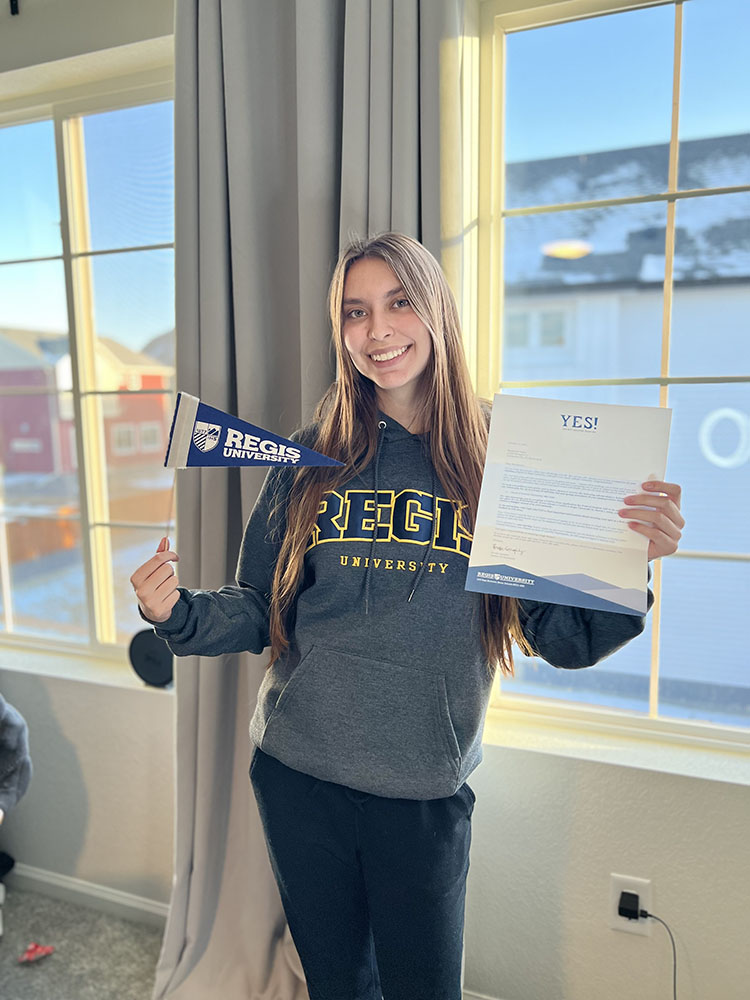
Quality education is not a given. It takes committed, consistent work to teach the next generation and set them up for futures filled with opportunity. It also requires adequate funding, proper training for teachers, and efforts to level the playing field so all students have equal access.
Urban schools like University Prep (U Prep) face a particular set of challenges because of the large, diverse populations they’re asked to serve. If you—like us—believe that every child deserves the best possible education, then it’s helpful to understand those unique obstacles and how we, as educators and parents, can overcome them.
Here, we unpack the realities of urban schools and provide practical guidance on how you can help improve the landscape for all students..
Defining Urban Schools
If you guessed that urban schools are those that fall within city boundaries, you’d be right. But the true definition extends beyond that simple definition.
Urban schools generally encompass a diverse student body, reflecting various cultures, languages, and socioeconomic backgrounds. These schools often serve a high concentration of low-income students, students of color, and students for whom English is a second language. They may also be faced with larger class sizes and fewer resources, leading to overworked and, oftentimes, underpaid teachers.In an elementary school setting—where children first learn to read, write, and navigate the world outside their homes—those realities can be more pressing.
Given the right resources and proper training, however, these facts can make urban schools into more interesting and productive learning environments for both students and teachers.
Challenges Facing Urban Schools
As we mentioned, urban schools face particular obstacles when it comes to serving their communities. These are three of the most significant.
Economic Inequality
In June 2021, the Council of the Great City Schools found that students in large city schools were 50 percent more likely to be poor than students in other schools. These children face obstacles that their peers from more affluent backgrounds may not encounter. For example, they could struggle to access resources like tutoring, high-speed internet, or even a quiet space to study. Educators working in these settings have to find work-arounds or ways to provide their students with the resources they need to thrive.
Language Barriers
Urban schools are unique in that they’re often sites where various cultures and languages come together. While that diversity can enrich the learning environment, it also brings its own hurdles. Namely, the need to provide instruction in more than one language and offer English language learning (ELL), which can require additional staffing. ELL students may also find it more difficult to participate in class discussions or comprehend their assignments (and they may not have access to parent help if they’re also non-English speakers). They’re burdened with trying to keep up on their schoolwork while grappling with a new language.
Limited Resources
While State and Federal governments try to provide equitable funding to urban districts, often times local taxes can bolster the funding in more affluent communities, leaving urban schools less well off and stretched to provide the resources their communities need. This lack of crucial resources provided by public funding can pose a barrier to delivering the high-quality learning experiences that every child deserves. U Prep strives to raise philanthropic donations to ensure their scholars do not experience a gap in access to crucial materials, but these dollars are not guaranteed.
What You Can Do for Urban Schools
It’s important to understand and face these challenges head-on. Thankfully, there are ways we can counteract them—actions we take every day at U Prep to make sure all of our students receive the transformative education they deserve. Here are some ways you can help urban schools, including ours.
As Parents
Parents play a pivotal role in their children’s education. Your support at home reinforces the lessons they learn at school and sends a strong message about the importance of education both to the students and the broader community. So: Actively participate in your child’s school life, engage with their teachers, attend events, and generally try to be a supportive pillar throughout their educational journey.
Communication with their teachers is a key part of this because your unique understanding of your child’s strengths and struggles is invaluable. Share those insights—let the educators know what motivates your child, what challenges them, and helps them bounce back when they’re discouraged.
Another way that parents can support Urban Schools is voting for school board members and staying abreast of local school board policy decisions around funding and access. Parents can participate so as to ensure that their voices are heard by those making decisions at the very highest levels of school leadership.
As Teachers
Teachers are responsible for shaping young scholars’ futures. The relationships you build with your students, their parents, and the entire school population, the small triumphs you cheer on, the moments of hardship that you help them work through—these can all have lifelong impacts. By helping students achieve their dreams, you’re a walking reminder of the power and importance of education.
Like parents, teachers can participate in discussions at a district level, ensuring that their voices are heard by those that make decisions about funding and resources
Experience the U Prep Difference
At times, the obstacles facing urban education can feel really challenging. But we can overcome them if we work together and keep pushing forward. Our students deserve to live extraordinary lives—and education is the first step toward making that goal happen. At U Prep, our mission is simple and straightforward: Through hard work, perseverance, and a shared love for education, we can help every child realize their abilities and passions.
If you’d like to learn more about U Prep and how we’re tackling the challenges of urban education head-on, reach out to us, read some alumni stories, attend an open house, or complete an interest form. We look forward to hearing from you!





